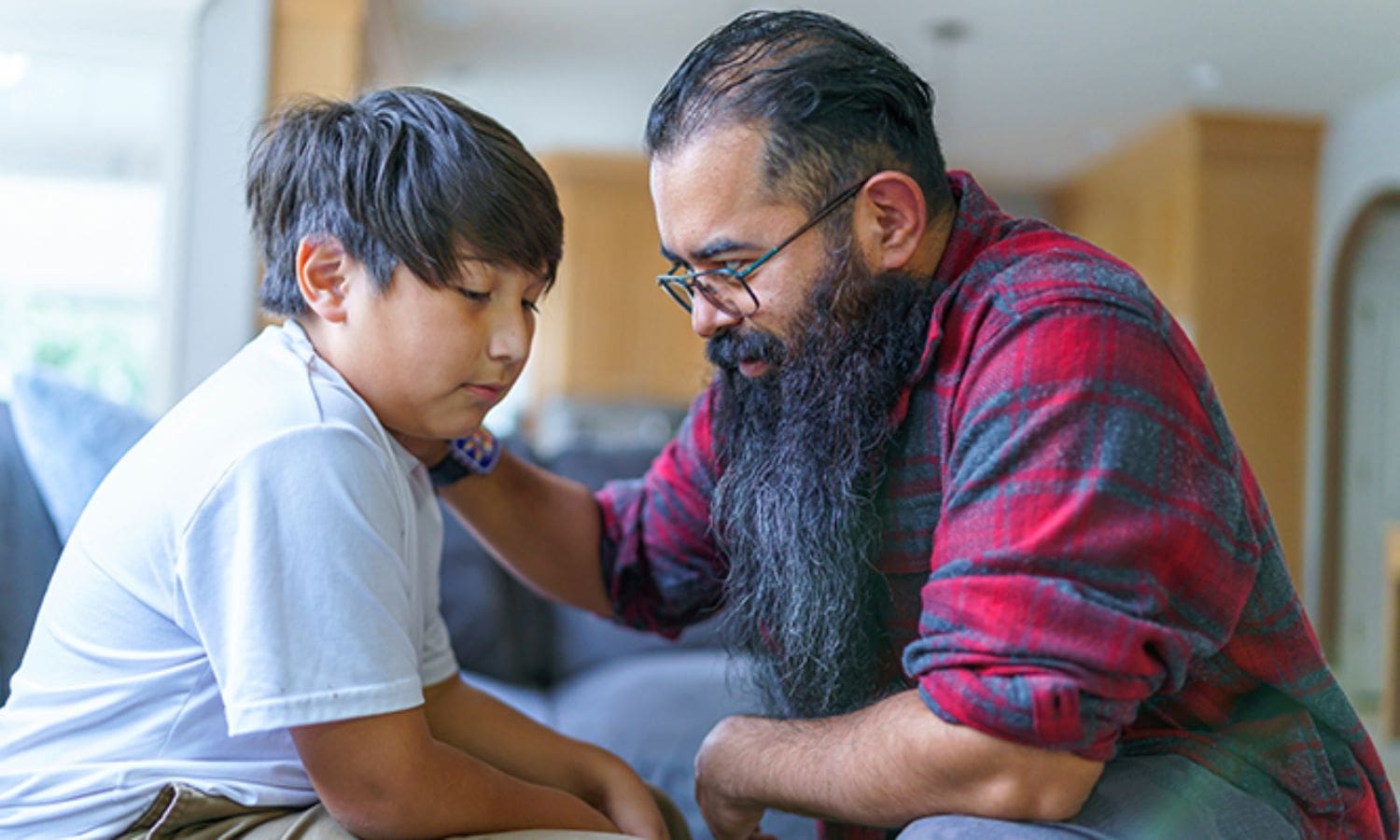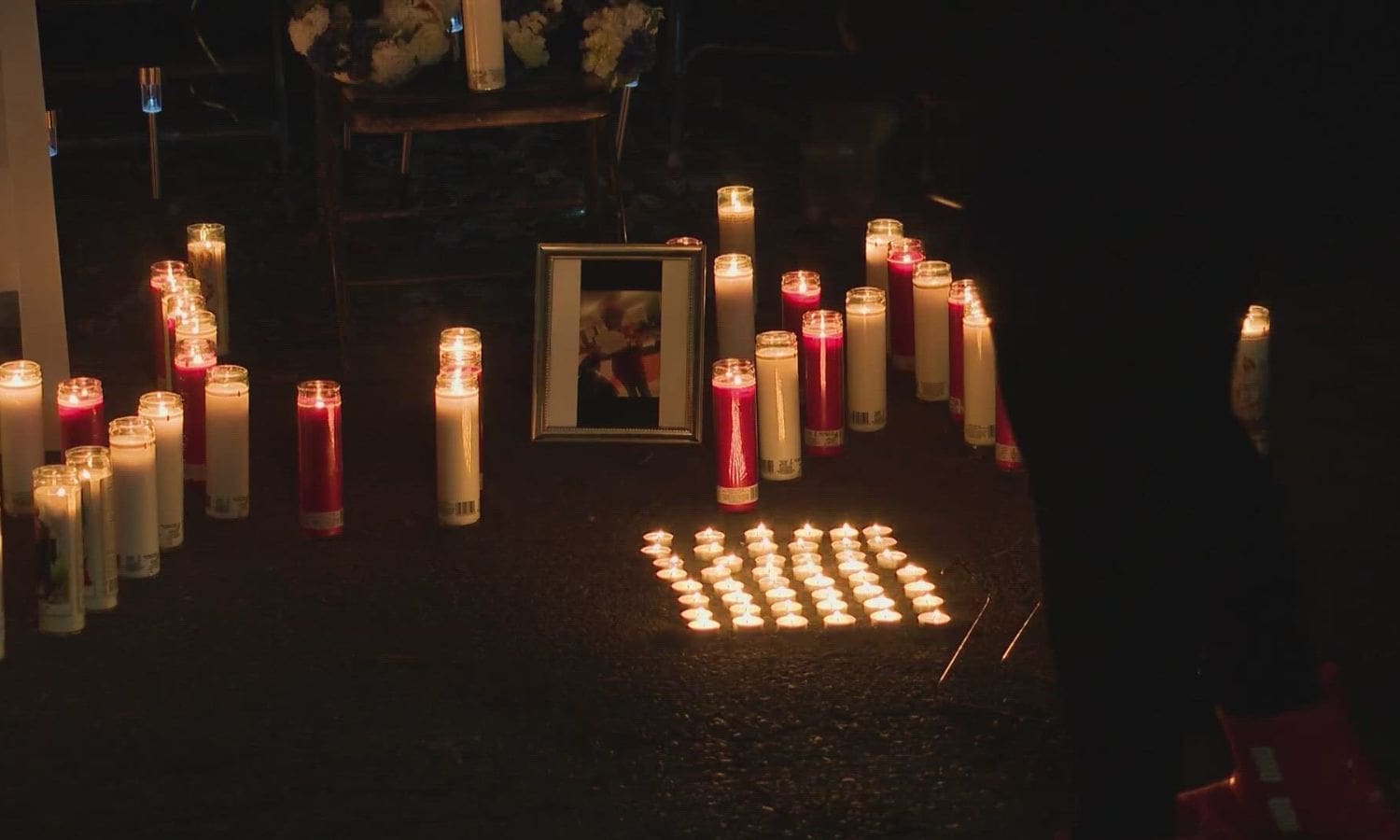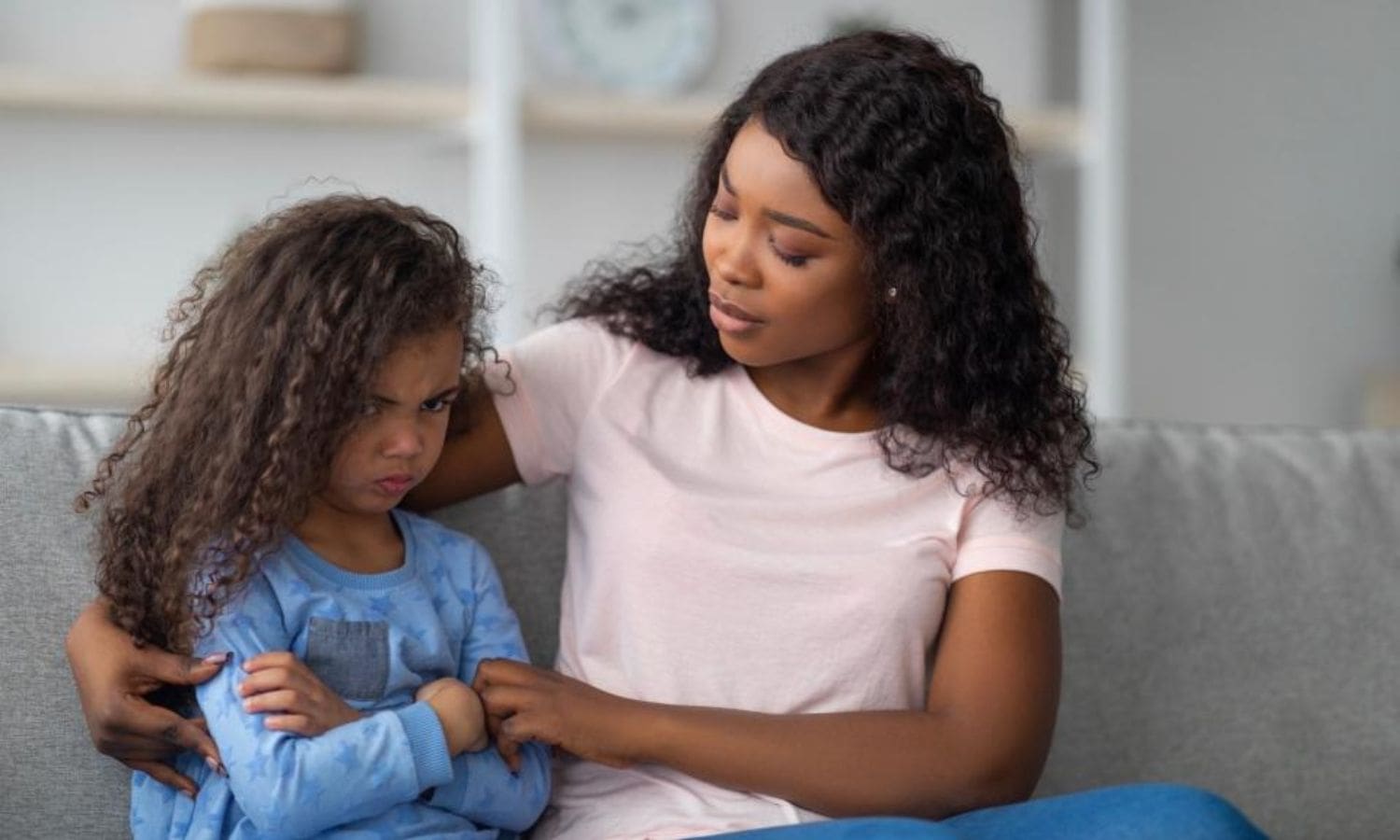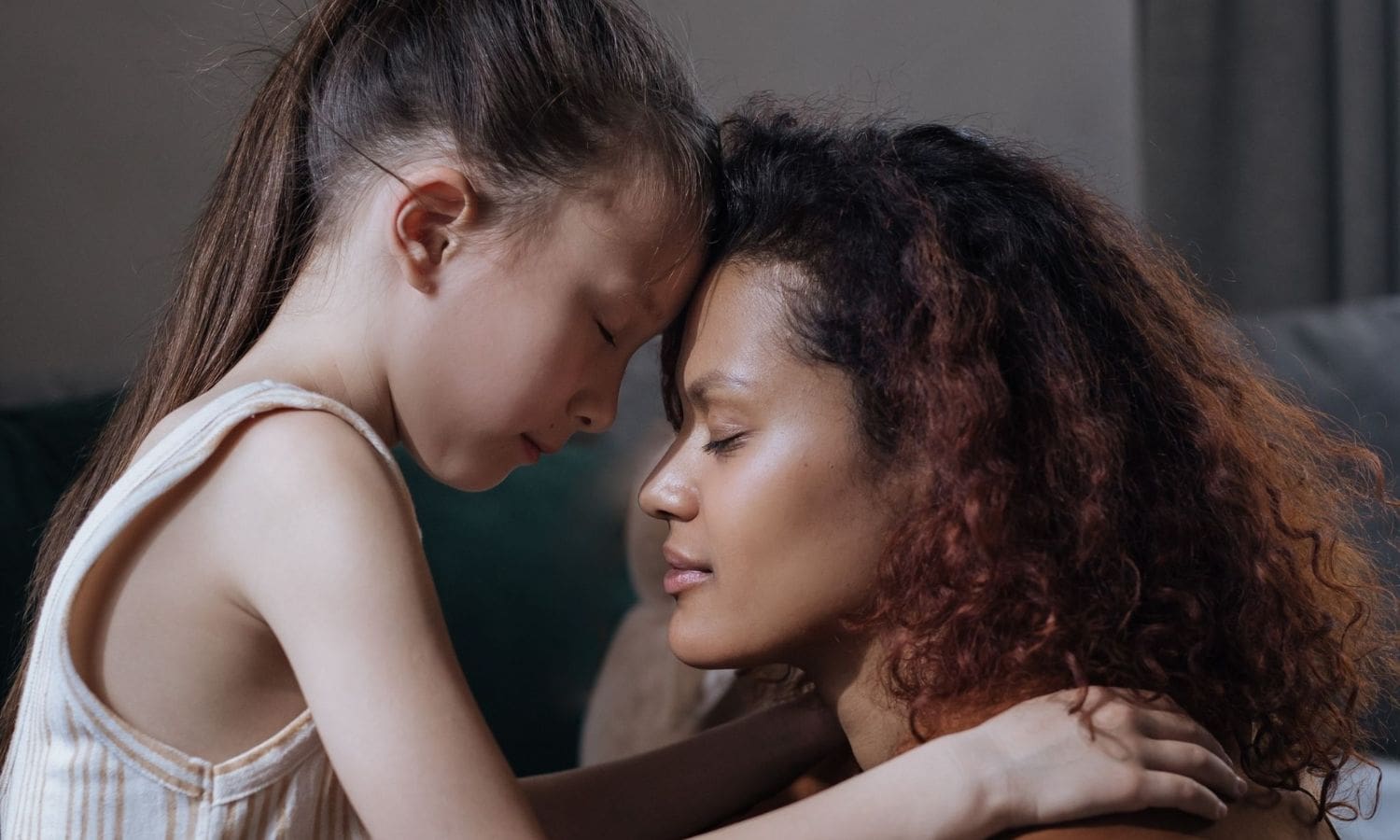Supporting Children Through Gun Violence Trauma: In the wake of the recent tragic shooting incident involving Keith Frierson, it is crucial that we address the profound trauma experienced by children affected by gun violence.
This article examines the importance of comprehensive support for these traumatized children, emphasizing the pivotal role that teachers and parents play in their healing process.
Furthermore, we explore the proactive response of the school district and the unwavering support from the community.
By understanding and providing the necessary resources, we can assist children in navigating the aftermath of such traumatic events.
Key Takeaways Of Supporting Children Through Gun Violence Trauma
- Witnessing or experiencing gun violence can have psychological and emotional impacts on children, including PTSD, anxiety, depression, and behavioral issues.
- Children require appropriate support and interventions, such as access to mental health services, counseling, and support groups tailored to their needs, to heal and cope with trauma.
- Tragic shooting incidents shatter children’s innocence, instilling fear and anxiety in them, while also disrupting their daily lives and causing emotional distress.
- Comprehensive support for traumatized children should address their emotional, psychological, and social needs through emotional support, psychological support, and social support, promoting healing on multiple levels.


Also Read: San Jose Innovative Partnership With AAGS-CI
Addressing Trauma in Children: Expert Insights
Many experts emphasize the importance of addressing trauma in children affected by gun violence. Children who witness or experience gun violence can suffer from a wide range of psychological and emotional impacts, including post-traumatic stress disorder (PTSD), anxiety, depression, and behavioral issues.
It is crucial to provide these children with appropriate support and interventions to help them heal and cope with their trauma. Mindi Russell, a renowned expert in post-trauma care and a member of the California Chaplains Corps, stresses the significance of creating a safe and nurturing environment for these children.
This involves providing them with access to mental health services, counseling, and support groups specifically tailored to their unique needs. By addressing trauma proactively and offering specialized care, we can help these children navigate their experiences and promote their long-term healing and resilience.
Tragic Shooting Incident: Keith Frierson’s Impact on the Community
The tragic shooting incident involving 10-year-old Keith Frierson has left a profound impact on the community, highlighting the urgent need for comprehensive support and intervention to address the trauma experienced by children in the surrounding area.
This devastating event has shaken the community to its core, leaving parents, teachers, and community members grappling with a range of emotions.
To truly understand the impact of this tragedy, it is important to consider the following:
- Loss of innocence: The shooting has shattered the innocence of children, exposing them to the harsh realities of violence at a young age.
- Fear and anxiety: Children are now living in constant fear, afraid that they or their loved ones could be the next victims of gun violence.
- Emotional distress: Many children are experiencing intense emotions such as sadness, anger, and confusion, struggling to process the trauma they have witnessed.
- Disruption of daily life: The shooting has disrupted the normal routines and activities of children, affecting their academic performance, social interactions, and overall well-being.
It is crucial for the community to come together and provide the necessary support and resources to help children heal from this trauma and rebuild their lives.


Importance of Comprehensive Support for Traumatized Children
To address the profound impact of gun violence trauma on children like Keith Frierson, it is imperative to provide comprehensive support and intervention that encompasses their emotional, psychological, and social needs.
Traumatized children require a holistic approach that acknowledges the complexity of their experiences and promotes healing on multiple levels.
Emotional support is crucial in helping children process their feelings of fear, anger, and sadness. Providing a safe space for them to express themselves and validating their emotions can help them regain a sense of security and trust.
Psychological support, such as counseling or therapy, can assist in addressing the negative thoughts and beliefs that may emerge as a result of the trauma.
Additionally, social support plays a vital role in helping children rebuild their connections with others and develop healthy relationships.
Role of Key Figures in Children’s Lives: Teachers and Parents
Teachers and parents play a crucial role in supporting children through the trauma of gun violence. These key figures in children’s lives are essential in providing the necessary support and guidance to help children cope with the emotional and psychological impact of such traumatic events.
Here are four ways in which teachers and parents can make a difference:
- Creating a safe and nurturing environment: Teachers and parents should ensure that children feel safe and protected, both at home and at school, by establishing routines and rules that promote a sense of security.
- Open and honest communication: It is important for teachers and parents to have open conversations with children about gun violence, addressing their fears and concerns while providing accurate information and reassurance.
- Recognizing and validating emotions: Teachers and parents should acknowledge and validate children’s feelings of fear, anger, and sadness, creating a safe space for them to express their emotions without judgment.
- Providing ongoing support: Teachers and parents should offer ongoing support to children affected by gun violence, connecting them with appropriate resources and professional help when needed, and monitoring their well-being closely.
School District’s Response and Community Support
One crucial aspect of supporting children through gun violence trauma is the school district’s response and the community support it provides.
In the case of the Twin Rivers School District, their response to the tragic loss of Keith Frierson has been commendable. The district has not only acknowledged the gravity of the situation, but they have also expressed deep sorrow for the loss and the impact it has had on the community.
They have made a commitment to provide support to the affected students and their families, recognizing the need for healing and resilience. This support includes counseling services, trauma-informed training for teachers, and partnerships with local organizations to provide additional resources.
The community has also rallied around the school district, offering their support and solidarity in this difficult time. This collective response demonstrates the power of community in helping children navigate the trauma of gun violence.


Conclusion Of Supporting Children Through Gun Violence Trauma
Addressing trauma in children exposed to gun violence is crucial for their well-being and future development. The tragic shooting incident involving Keith Frierson has had a significant impact on the community, highlighting the importance of comprehensive support for traumatized children.
Teachers and parents play a vital role in helping these children navigate through their trauma. They can provide emotional support, create a safe space for expression, and connect them with appropriate resources such as counseling services or support groups. It is essential for educators and caregivers to be trained in trauma-informed practices to effectively support these children.
The school district’s response and community support are crucial in providing a safe and nurturing environment for these children to heal and thrive. Schools can implement trauma-informed policies and practices, create support networks, and collaborate with local organizations to ensure holistic support for traumatized children.
By addressing trauma and providing the necessary support, we can help these children overcome their experiences and build resilience. It is our collective responsibility to prioritize the well-being of children exposed to gun violence and ensure they have the resources they need to heal and thrive.

